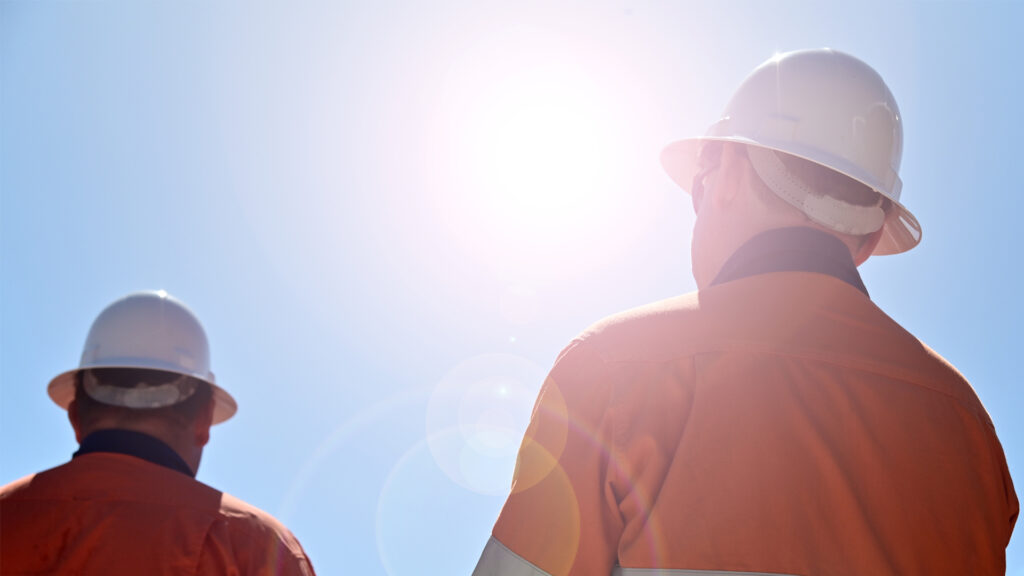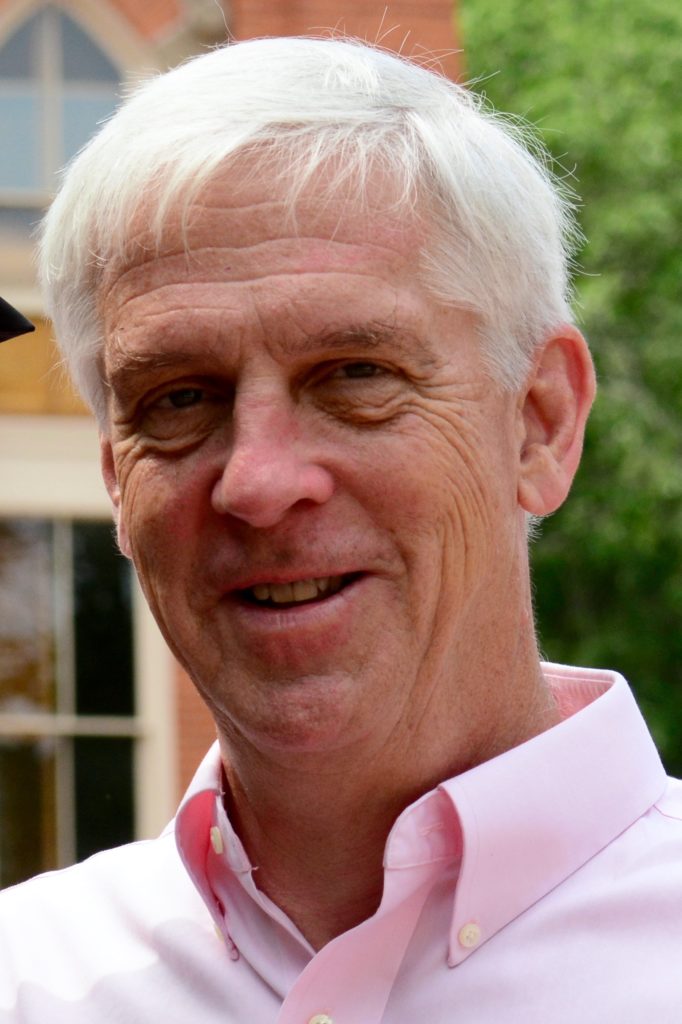By John Burr, Jacksonville Climate Coalition
Back when I was new to Florida, I trudged back to the office one miserably hot day, leaned over the cubicle wall and whined to a colleague, “Damn, it’s really hot out there!” He looked me in the eye, and calmly replied, “It’s June. It’s Florida. It’s hot. Get over it.”
I never did get over Florida’s summer heat, but I worked hard to adopt his stoic attitude, which helped, in some small measure.

I believe that’s how many Floridians deal with summer. Grit your teeth, and pray for October.
Problem is, that type of fortitude probably won’t work as well in the years ahead, as we slog through ever hotter summers.
Future heat projections for Florida spell danger. In Jacksonville, a historical average cited by ClimateCheck says we have had about seven days a year when the temperature rose above 95 degrees. By 2050, that projection is 42 days a year.
Let that sink in. Oppressive days won’t necessarily be much hotter, but there will be many more of them. The heat will start earlier in the spring, and end later in fall. And hot days make for hot nights.
Before you start worrying about paying your electric bill, think about the many Floridians who don’t live in air-conditioned homes, don’t drive air-conditioned cars and don’t work in air-conditioned buildings.

These are low-income elderly people, and the folks who work in landscaping, construction, agriculture. Utility workers, mail carriers, roofers. The guy who cuts your lawn. As difficult as those jobs have been, they are on the cusp of downright dangerous in the summer months.
What have we done in Florida to protect these people? Our Legislature passed and our Gov. Ron DeSantis last month signed a new law that prevents local governments from passing rules requiring water breaks for outdoor workers.
Clearly, we have much to learn about heat, even in Florida.
John Burr is the editor of the Jacksonville Climate Coalition newsletter, where this piece was first published.
If you are interested in submitting an opinion piece to The Invading Sea, email Editor Nathan Crabbe at ncrabbe@fau.edu. Sign up for The Invading Sea newsletter by visiting here. To learn more about sea-level rise, watch the video below.



